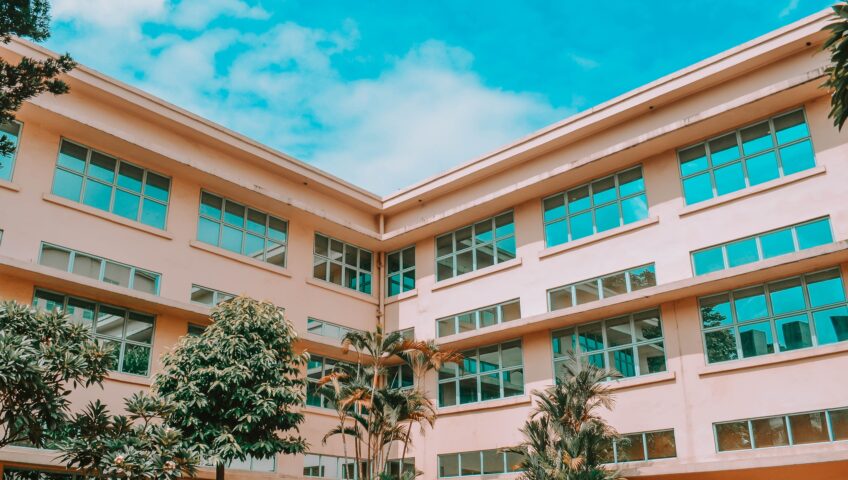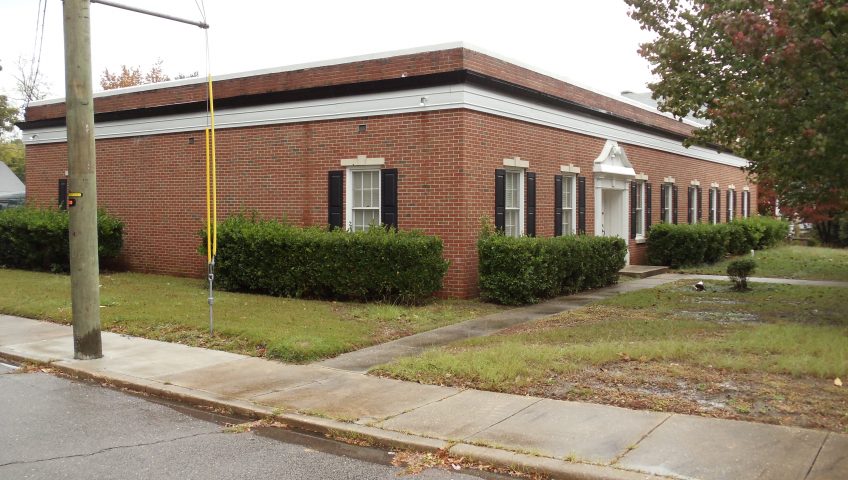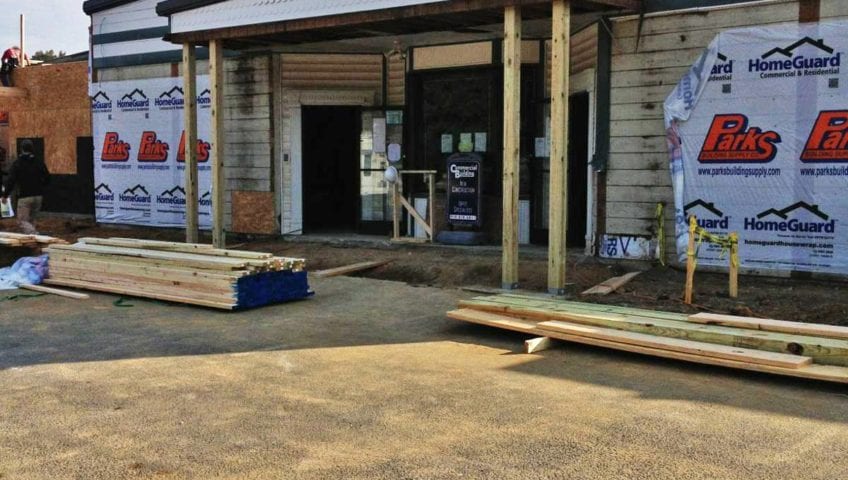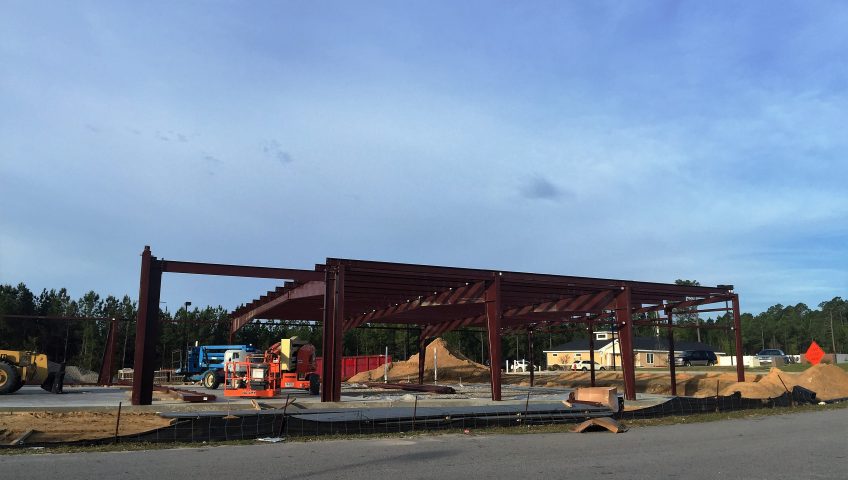In the realm of education, ensuring the safety of students and staff is paramount. When it comes to school renovations, the importance of maintaining a secure environment cannot be overstated. Commercial construction projects, including school renovations, require meticulous planning and execution of safety protocols to minimize disruptions to the school community.
Safety Protocols in Commercial Construction
Collaborative Planning
Before the first brick is laid or the initial wall is demolished, it is crucial for all stakeholders—educators, administrators, construction teams, and local authorities—to come together and collaboratively plan the renovation process. This planning phase should include a comprehensive risk assessment, identifying potential hazards and formulating strategies to mitigate them.
Clear Communication
Effective communication is the cornerstone of a successful school renovation project. Regular updates and clear communication channels between the construction team and the school community help everyone stay informed about the progress and any safety-related developments. This transparency builds trust and minimizes uncertainty.
Secured Construction Zones
Establishing secure construction zones is imperative to keep students, staff, and visitors away from potential hazards. Fencing, signage, and designated entry points can help demarcate these areas, ensuring that only authorized personnel have access to the construction site.
Timely Completion
Efficiency in construction is not only about meeting deadlines but also about minimizing the duration of disruptions to the school routine. A well-planned construction schedule, with realistic timelines, helps ensure that renovations are completed promptly, reducing the overall impact on the educational environment.
Best Practices for Minimizing Disruptions
Phased Construction
Dividing the renovation project into manageable phases can significantly minimize disruptions. By focusing on one area at a time, construction teams can concentrate their efforts, allowing other parts of the school to function as usual. This phased approach helps maintain a semblance of normalcy during the renovation process.
Off-Hours Work
To further reduce disruptions, construction activities that generate noise or require the closure of certain areas should be scheduled during off-hours or school breaks. This way, the impact on daily operations can be minimized, and the educational environment can continue with minimal interruption.
Temporary Facilities
Consider setting up temporary classrooms or facilities to accommodate students and staff temporarily displaced by the renovation. This proactive measure ensures that the learning process can continue seamlessly while the construction team works on enhancing the school’s infrastructure.
Proactive Problem Solving
Anticipate potential challenges and have contingency plans in place. Regular meetings between school administrators and the construction team can help identify and address issues promptly, ensuring a smoother renovation process.
Our Commitment to Safety
As general contractors specializing in commercial construction and school renovations, we understand the unique challenges posed by working within educational institutions. Our commitment to safety goes beyond regulatory compliance; it is ingrained in every aspect of our approach.
Locations We Serve
Our dedication to safety extends across various locations, including Fayetteville, Raeford, Clinton, Dunn, Sanford, Aberdeen, Southern Pines, Pinehurst, Lumberton, Cameron, Garner, Smithfield, Fuquay-Varina, Pittsboro, Holly Springs, Lillington, Carthage, Clayton, and beyond. We take pride in ensuring that our construction projects contribute positively to the communities we serve.
School renovations are more than just physical transformations; they are opportunities to create safer, more conducive learning environments for students and staff. By prioritizing safety protocols, implementing best practices, and maintaining open communication, we can ensure that the process is not only successful but also enriching for the entire school community.
In every Commercial Building, Inc renovation project, safety is not just a priority—it’s our promise.




